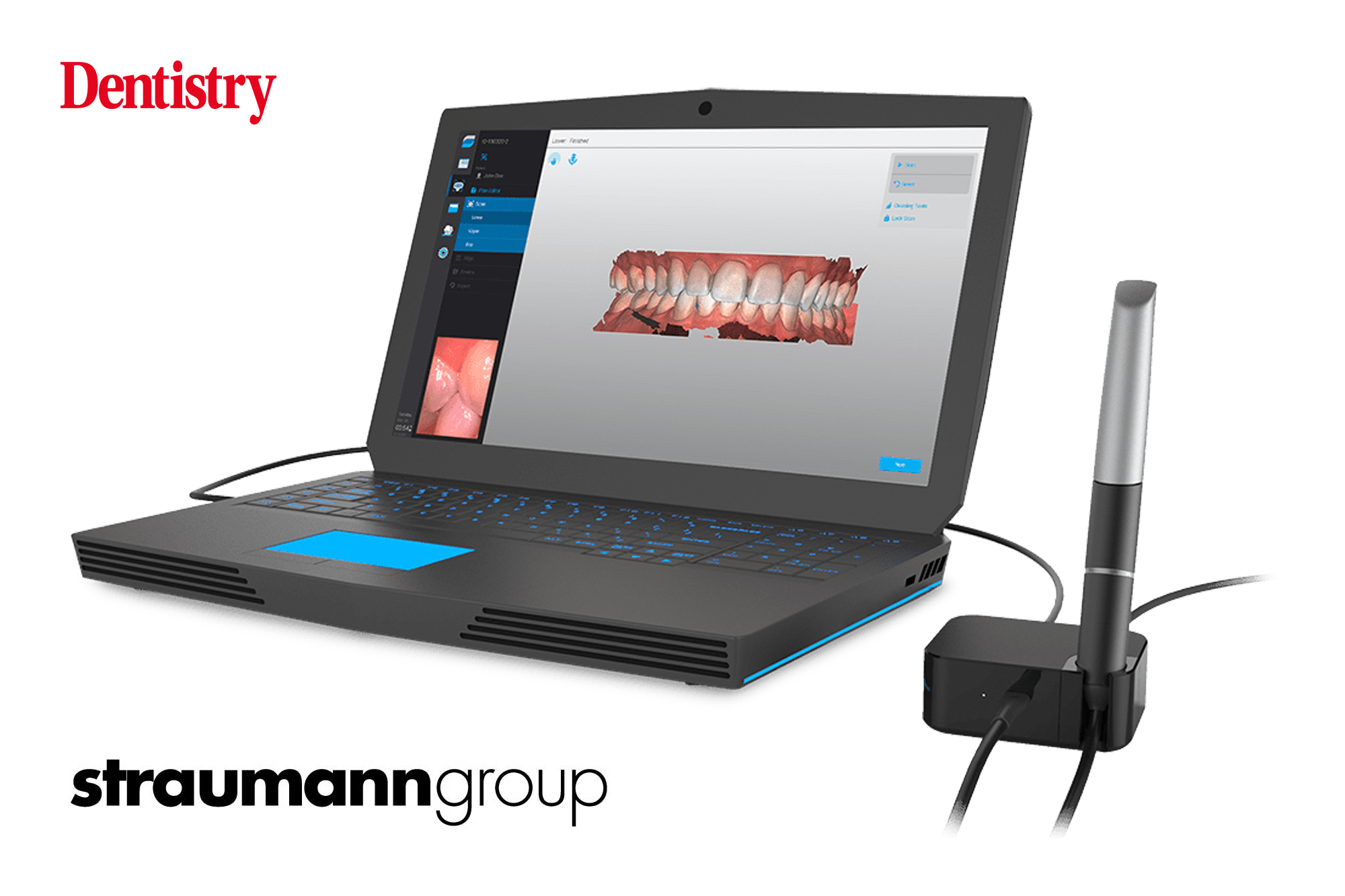
With digital workflows becoming the norm, dentistry is changing – Straumann explains how you can be adaptable to this change.
Dentistry today is not what it was mere decades ago. Professionals entering the field now must be adaptable to the unique challenges of today. But that is far easier said than done.
Many newly-qualified dentists set themselves a goal. This could be to acquire their first dental practice in the next 10 years, or become an expert in a field like implant dentistry. But unique and topical issues can make these endeavours all the more challenging.
Fortunately, much light has been shed on the pressures facing clinicians in the current climate, especially those newly qualified. Arguably, the introduction of digital technology has helped many clinicians tackle various hurdles within the field. How could digital technology help new dentists flourish in their career?
A baptism of fire?
It goes without saying that one of the biggest hurdles today is the ever-changing expectations of patients. The rise of social media and certain media have driven the demand for cosmetic and restorative dentistry. The UK cosmetic dental industry was recently valued at around £2.2 billion (Oral Health Foundation, 2019).
But the caveat to this is unique and often challenging patient expectations that need to be continuously and effectively managed. Good communication skills have always been essential. But when miscommunication and/or misunderstanding arises, this can place incredible stress on patients and professionals alike.
The possibility of a complaint being made against you may always be playing at the back of your mind. Especially in situations where the patient and/or the case is challenging. In fact, it has been suggested that new clinicians are beginning their career in a ‘climate of fear’. This pertains to complaints, litigation and investigation (British Dental Journal, 2019).
It is also worth mentioning that dentistry is as competitive as it has ever been. Transitioning from a dental student to starting your career is monumental, and you are often encouraged to ensure the ball stays rolling in terms of your education – seek out new opportunities to progress your skills, grapple with new technologies and materials and never lose momentum.
If your aspirations are to excel in a particular area, or even several, then hard work and persistence are required in order to differentiate yourself from competitors. But this can lead you down the road to burn-out fast.
That being said, if your wish for the next few years is to simply gain experience and focus on treating patients in practice, there can often be challenges that arise here, too.
How can the digital world help you as a new dentist?
The conversation of digital technology within dentistry has been ubiquitous over the past decade. New concepts are being developed fast and you often hear about how clinicians are boosting revenue, improving the patient experience and developing their skills.
The literature shows that the digital workflow facilitates better communication with patients, especially those with high, perhaps even unrealistic expectations regarding treatment (Garaicoa et al, 2023).
Additionally, a digital workflow can help to save on costs (Lo Russo et al, 2022), and is largely preferred by patients due to comfort and speed (British Dental Journal, 2019).
But one of the often-mentioned drawbacks of digital dentistry adoption is the learning curve and initial costs (British Dental Journal, 2019). For newly-qualified clinicians, navigating the digital market can be a minefield.
It is important to carefully consider any investment you make, especially early on in your career. The latest model, with a range of innovative and advanced features, is not likely to benefit you at this point. But you can start small, and begin expanding your inventory once you become familiar with the products.
Intraoral scanners
If your goal is to develop your skills in implant dentistry or orthodontics, for example, then you could consider investing in an intraoral scanner (IOS), alongside training to ensure you are fully comfortable employing it in practice.
Many manufacturers will offer IOSs of varying capabilities, depending on your skill and experience level. For example, the Virtuo Vivo intraoral scanner from the Straumann Group is ideal for those looking to make a seamless transition from analogue to digital. Offer simple, safe and more comfortable treatment to your patients, with the benefit of high resolution, fast scanning and precision.
You can be flexible with your Virtuo Vivo, as it utilises an open system for easy exporting and sharing with dental labs. Plus, guided workflows support you at every step, with access to services through integrated connectivity.
Your career is yours to develop as you see fit
Dentistry is a demanding career, and as a newly-qualified dentist there is much you must tackle, manage and maintain. But, the opportunities for both professional and personal growth are immense, and digital technology can help you carve out a career that ticks all of your boxes, no matter what your aspirations are.
With careful consideration, it can help you deliver outstanding care to patients, and nourish your confidence in an ever-changing career field.
For more information on intraoral scanners and digital solutions from the Straumann Group, visit: www.straumann.com/digital/en/home/equipment/io-scanners.html.


